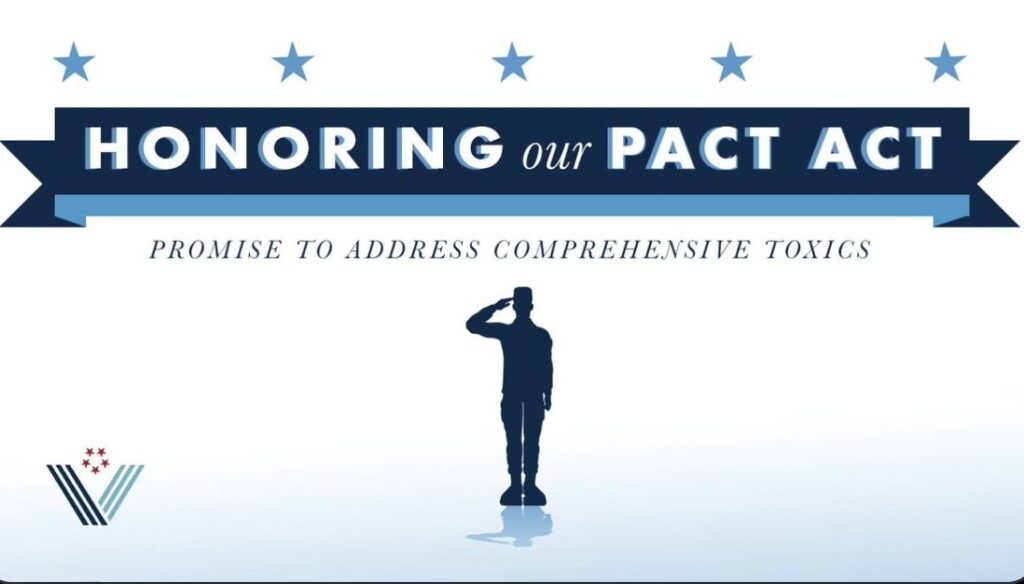
WASHINGTON D.C. – Thursday, U.S. Senators Debbie Stabenow (D-MI) and Gary Peters (D-MI) a former Lt. Commander in the U.S. Navy Reserve and member of the Senate Armed Services Committee, joined Michigan veterans to highlight the impact of the bipartisan Sergeant First Class Heath Robinson Honoring our Promise to Address Comprehensive Toxics (PACT) Act. Stabenow and Peters were joined by Air Force veteran and Veterans of Foreign Wars National Legislative Committee Member Kevin Hensley and Kent County Office of Veterans Services Supervisor Ryan Grams. A video of the press conference can be found here.
The PACT Act is the most significant expansion of benefits and services for toxic-exposed veterans in more than 30 years. Since being signed into law by President Biden in August 2022, nearly 25,000 Michigan veterans have applied for expanded VA benefits through the PACT Act.
“Our veterans shouldn’t have to stand at the back of any line for their health care, especially when they face health risks because of their service,” said Senator Stabenow. “This bipartisan law ensures our veterans and their survivors exposed to Agent Orange, burn pits, and other toxic substances during their service receive the health care and benefits they earned.”
“The PACT Act delivers long-overdue VA benefits and health care to millions of veterans across our country who were exposed to toxic substances like Agent Orange and toxic burn pits,” said Senator Peters. “This means that health screenings and conditions like pulmonary fibrosis, various cancers, and hypertension – the most common chronic condition among veterans – are now covered by the VA. As a former Lt. Commander in the U.S. Navy Reserve and the son of a World War II veteran, I’m relieved that these veterans and their families are finally getting the support they deserve.”
“The PACT Act is a celebration of life. Now millions of veterans have screenings and early detections that they didn’t have before, and previously denied conditions have been recognized so folks can get the benefits and care that they need from the VA,” said Kevin Hensley, Air Force veteran and Veterans of Foreign Wars National Legislative Committee Member.
“America wants to take care of our veterans, and that’s what the PACT Act is helping us do,” said Ryan Grams, Kent County Office of Veterans Services Supervisor. “The PACT Act has opened up so many conditions that we can do claims for. It’s fantastic. Now veterans can get the health care they need so they can get these symptoms relieved.”
The PACT Act helps ensure that multiple generations of toxic-exposed veterans can access their earned health care and benefits from the Department of Veterans Affairs by:
· Expanding VA health care eligibility to post-9/11 combat veterans.
· Creating a framework for the establishment of future presumptions of service connection related to toxic exposure.
· Adding 23 burn pit and toxic-exposure-related conditions to the VA’s list of service presumptions, including hypertension.
· Expanding the list of locations officially recognized as being related to Agent Orange exposure from service (Thailand, Cambodia, Laos, Guam, American Samoa, and Johnston Atoll).
· Strengthening federal research on toxic exposure.
· Investing in VA claims processing, workforce, and health care facilities.
To file claims in order to apply for PACT Act-related benefits, veterans should call the Department of Veterans Affairs (VA) at 800-698-2411 or file a claim online for disability benefits and/or VA health care.
###









